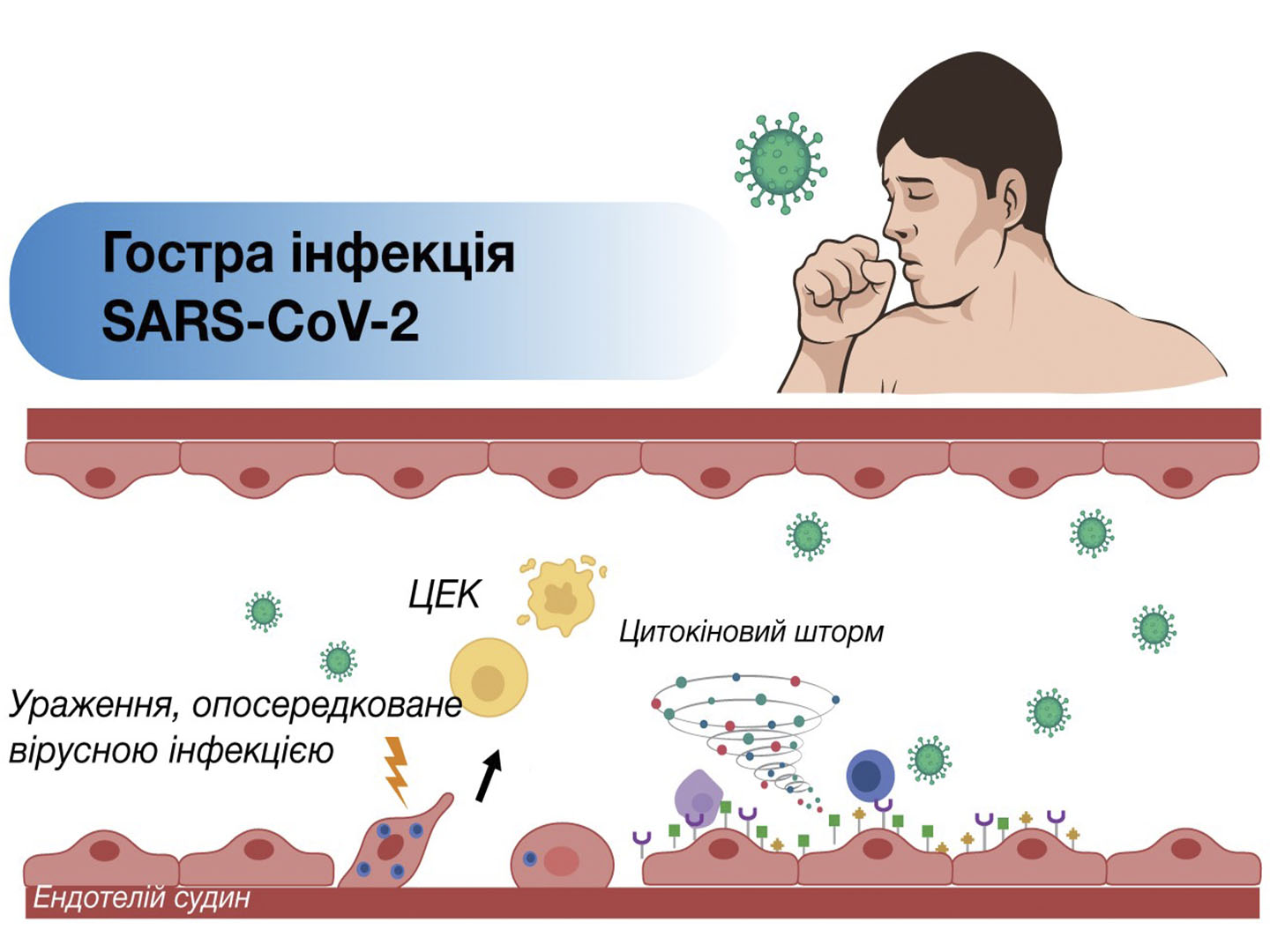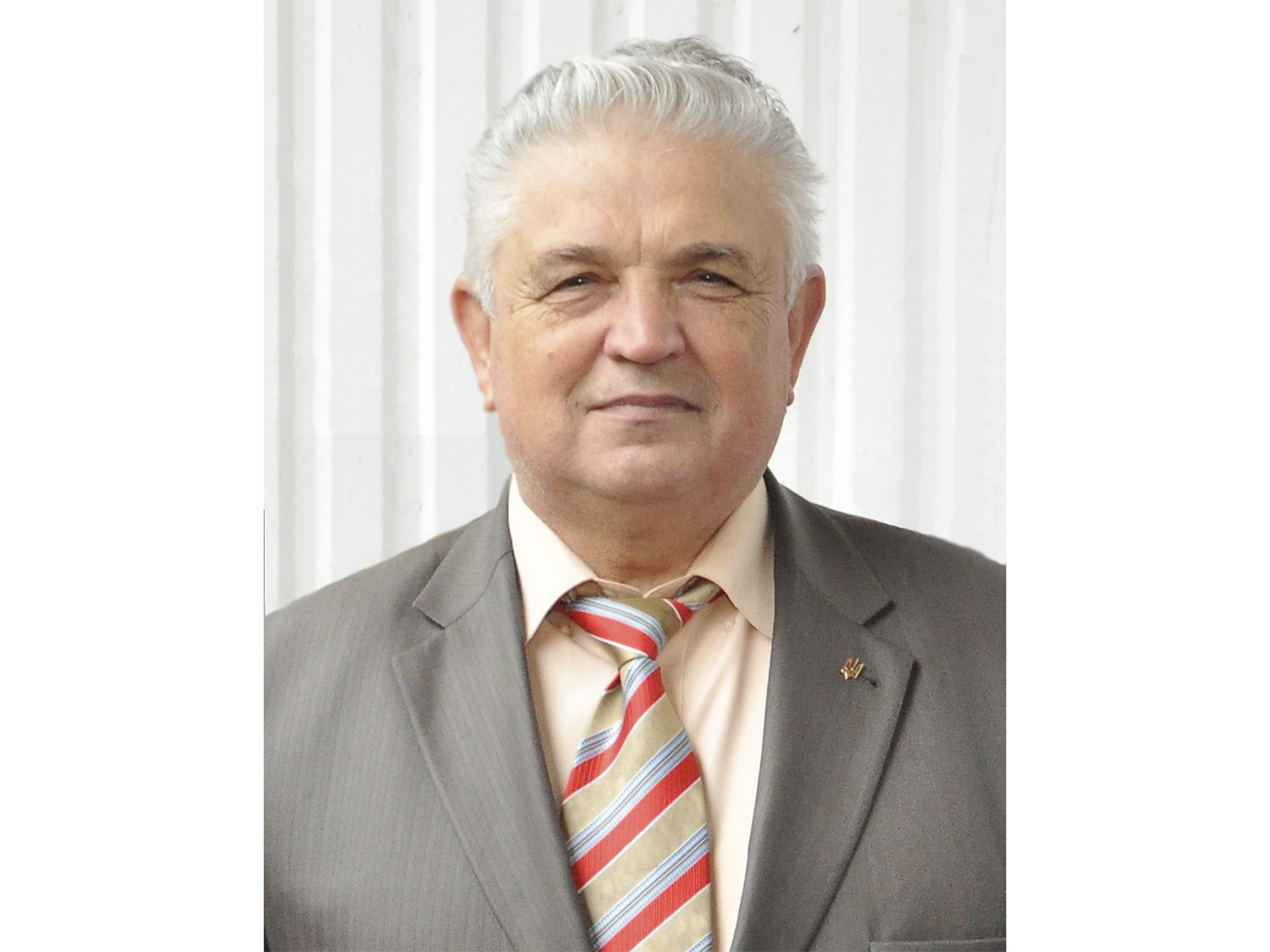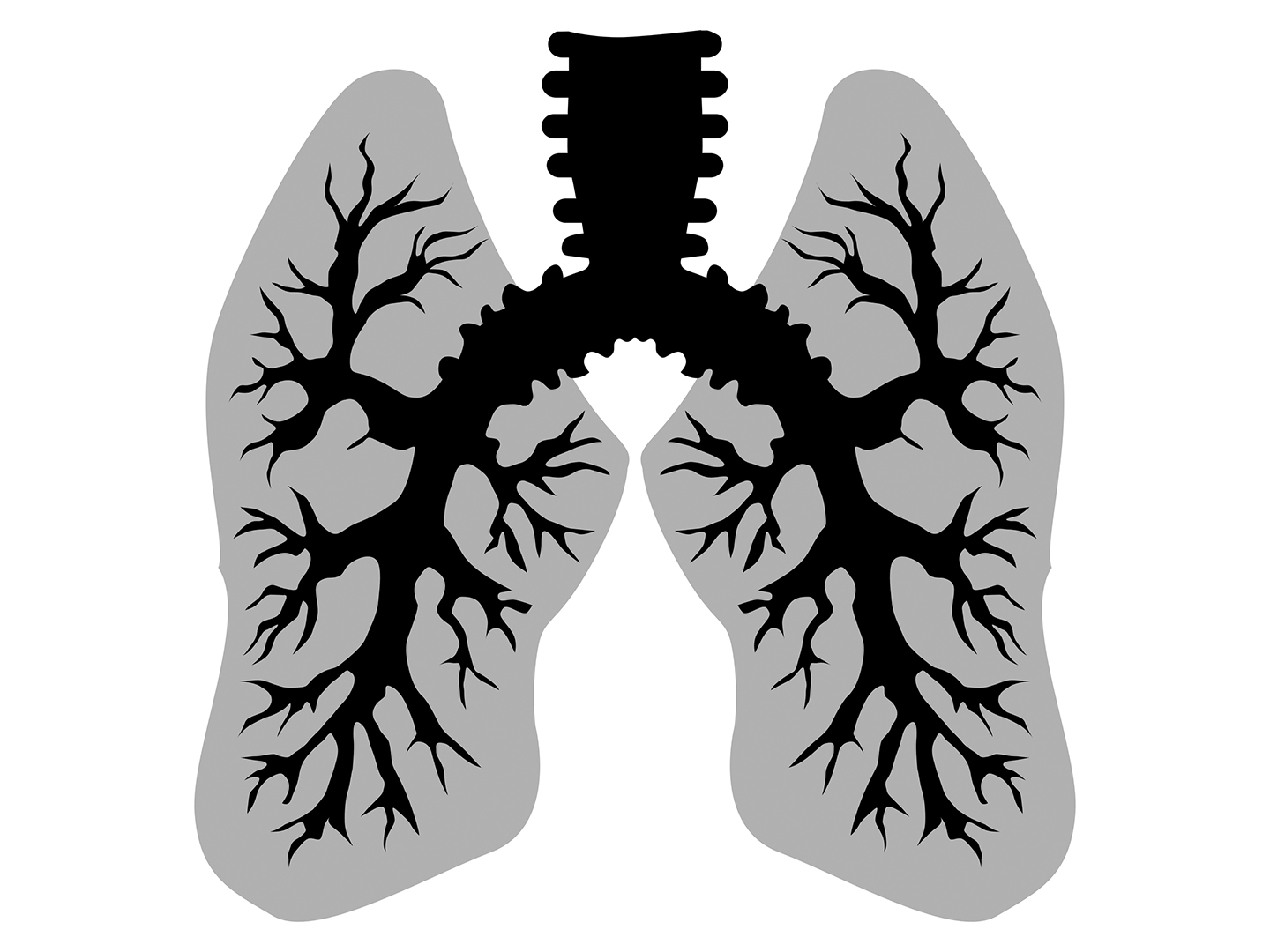The efficacy and safety of the drug Sufer® in correction of anemia in patients with chronic renal failure
National Medical University named after О.О. Bogomolets, Kyiv, Ukraine
The data of the effectiveness of the drug Sufer® in patients with iron-deficiency anemia due to chronic renal failure were analyzed. The use od the drug helped to improve both clinical and laboratory parameters. Already in the 2nd week of treatment there was a significant increase in the level of hemoglobin, ferritin and iron in the blood plasma, as well as a decrease in creatinine — the main criterion for assessing the functional capacity of the kidneys. The regression of clinical manifestations of the disease, such as loss of appetite, headache, weakness, fatigue, was observed. The significant side effects, which could cause a correction of the initial dosing or discontinuation of the drug, were not observed during the therapy. High efficacy and safety of Sufer® allow to recommend it as the drug of choice for treatment of iron-deficiency anemia, caused by the chronic renal failure.
Key words: chronic renal failure, iron-deficiency anaemia, Sufer®.
Introduction
Loss of ability kidneys to secrete the sufficient amount of erythropoietin (a hormone that stimulates the processes of hematopoiesis) is one of the major causes of the development of anemia. The last one can occur with chronic kidney disease (CKD) long before its terminal stage and become more severe with the disease progression, as kidney shrinkage leads to the abrupt decrease of erythropoietin synthesis in peritubular capillary cells.
The causes of anaemia development in patients with chronical kidney disease also are:
• reduction in the red blood cell lifespan;
• platelet dysfunction, which leads to excessive bleeding;
• effect of the uremic toxins on the erythrocytes;
• reduction of iron content due to inadequate absorption in the intestine and in hemodialysis;
• elimination of folic acid in hemodialysis;
• parathormone-induced osteofibrosis.
The distortion of inverse linear relationship between plasma erythropoietin level and haemoglobin concentration, which is characteristic of healthy people, is typical for chronical renal failure (CRF): erythropoietin synthesis does not increase in proportion to the severity of anemia (Johansen J.L. et al., 2012; KDIGO Anaemia Work Group, 2012).





